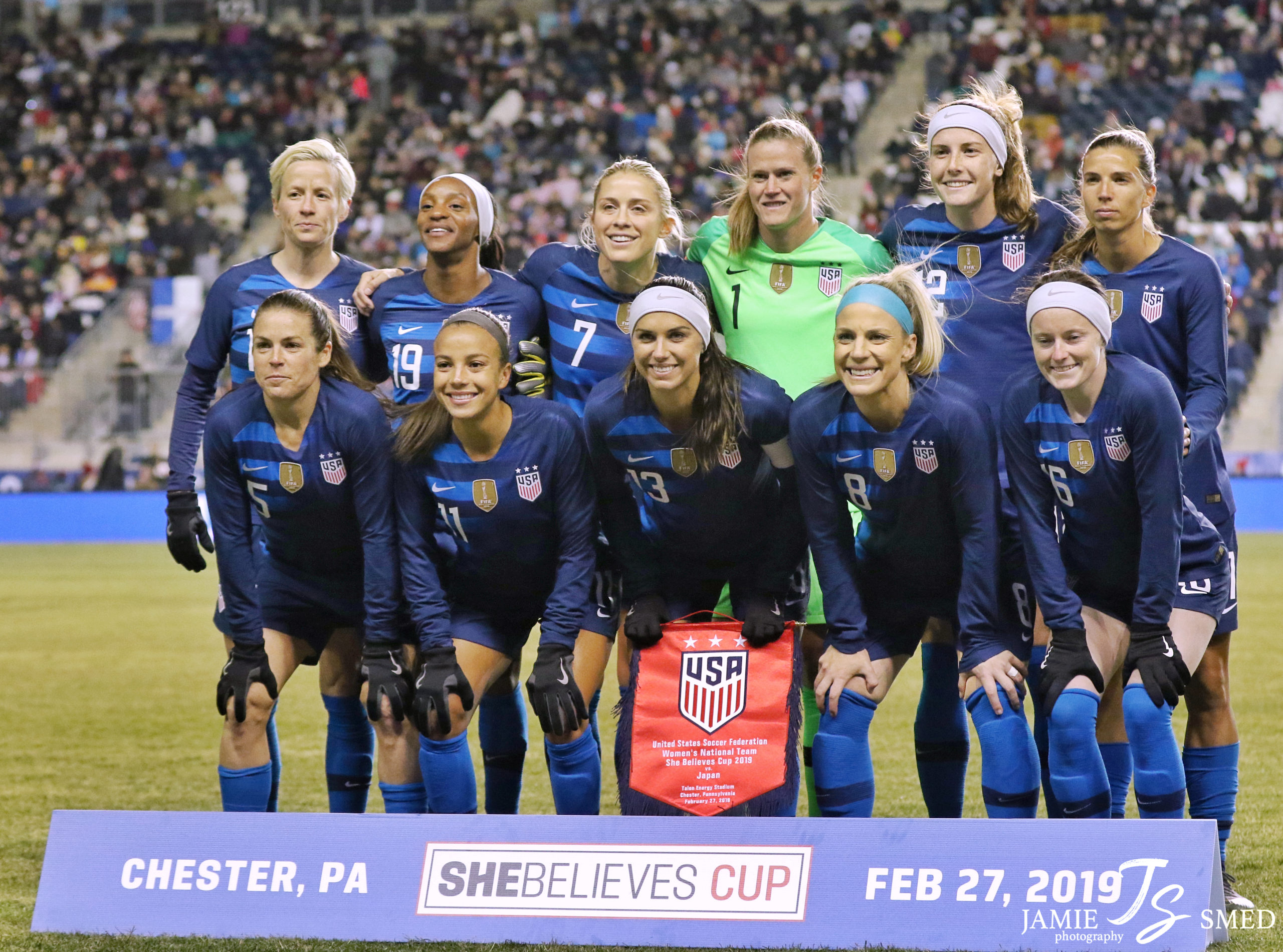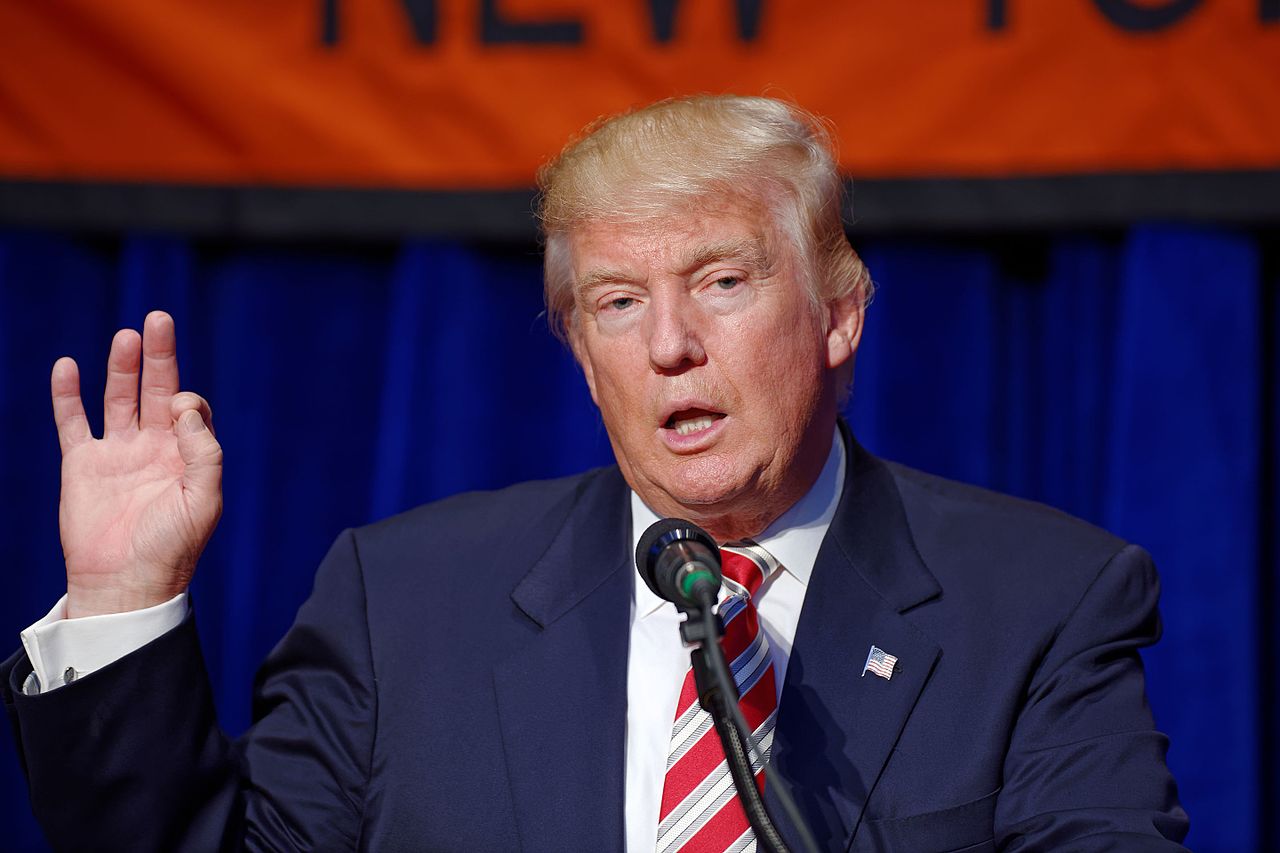Abortion rights, women of color, and LGBTQI+ people are under attack. Pledge to join us in fighting for gender justice.
Victory for Birth Control in the Third Circuit Court of Appeals

The U.S. Court of Appeals for the Third Circuit ruled Friday afternoon that the dangerous Trump-Pence birth control rules will remain BLOCKED while litigation proceeds – and it cited a brief submitted by NWLC and its partners the National Latina Institute for Reproductive Health, SisterLove, Inc., the National Asian Pacific American Women’s Forum, and counsel Lowenstein Sandler LLP!
The Trump rules would have allowed virtually any employer or university claiming a religious or moral objection to deny birth control coverage to students and employees. In affirming the nationwide preliminary injunction blocking the rules, the federal appeals court upheld the reasoning and conclusions of the lower federal court in Pennsylvania, discussed at length here. What this means is that for now, no one should be losing birth control coverage as a result of the rules.
Here are some highlights from the decision:
- The appeals court recognized that “cost is a significant barrier to contraceptive use and access” and that the rules would impose an “undue burden” on women.
The court recognized that the ACA helped to remove cost barriers to accessing birth control and that if the rules were to go into effect some women would again face these barriers. The court cited the brief by NWLC and its partners in stating that “before the ACA, women spent between 30 and 40% of their total out-of-pocket health costs on contraceptives, and 55% of women experienced a time where they could not afford contraceptives.”
The court explained that the rules would “impose an undue burden” on the “female employees who will lose coverage for contraceptive care,” and that the administration “downplayed this burden on women, contradicting Congress’s mandate that women be provided contraceptive coverage.”
- The appeals court concluded that neither the ACA nor the Religious Freedom Restoration Act (RFRA) authorizes the rules and that the rules are therefore unlawful.
The court first concluded that in the ACA Congress did not give the federal agencies the right to create exemptions from the birth control benefit.
The court next rejected the Trump-Pence administration’s argument that the new rules are necessary under RFRA. RFRA is a federal law intended as a shield to protect religious exercise, not a sword to deny the rights of others. The administration argued that its rules are necessary because, they claimed, the existing accommodation process violates RFRA.
The court rejected the administration’s argument outright. The court seemed dubious that RFRA can be used by agencies as authority for issuing regulations that create religious exemptions. However, the court decided that even if RFRA could be used this way, nothing about the accommodation violates RFRA because it does not “substantially burden” religious exercise. Under the existing accommodation process, objecting organizations must simply notify the government or their insurance company that they want an exemption from the birth control benefit, and they no longer have to provide the coverage. Instead, employees and students get birth control coverage directly from their insurance company. As the court explained, it is federal law—and not any action by objecting organizations—that ensures women receive the coverage. This is the same conclusion reached by eight out of nine federal courts of appeals (including the Third Circuit) in prior litigation over the birth control benefit, but the Trump-Pence administration pushed the argument anyway. The appeals court wasn’t having it.
- The appeals court concluded that the Trump-Pence administration’s decision to fast-track these rules without going through the proper procedures was unlawful (see here and here for more explanation).
The fight is not yet over — the Trump-Pence administration continues to push its agenda to roll back our access to birth control and other reproductive health care, and these birth control rules are a major part of that agenda. And we know that the Trump-Pence administration has been entering into illegal, back-room settlement agreements with employers and universities like the University of Notre Dame that trade away employees’ and students’ right to birth control coverage, even though the rules are blocked – something we are currently fighting in court. It is also likely that the Trump-Pence administration will ask the Supreme Court to hear this case. But for now, this decision is a win we should celebrate.






